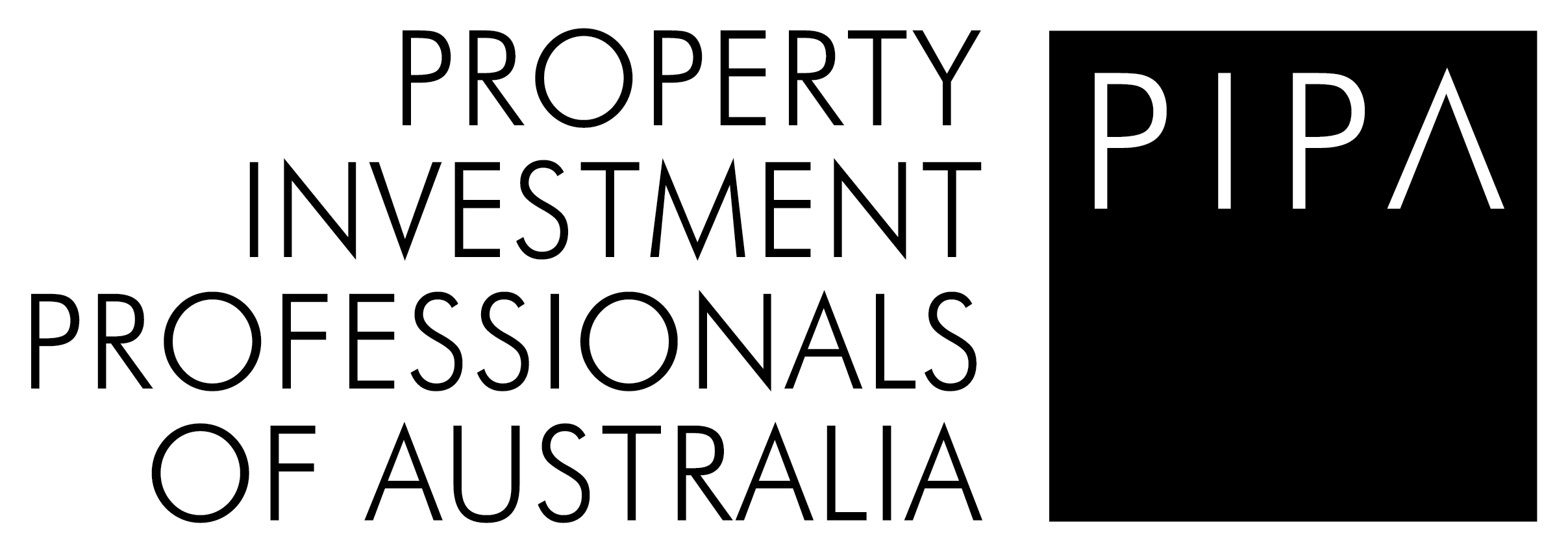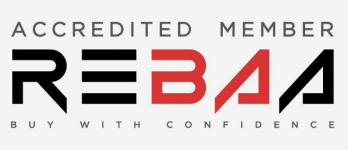IMPORTANT NEWS UPDATE
In this news issue:
- Coronavirus – The Government updates on property inspections 13 April 2020
- CoreLogic COVID-19 Labour Market Shift And The Implications For Housing
- Preliminary Auction Clearance Rate Drops Below 30% Over The Easter Long Weekend As Withdrawn Auctions Rise To Comprise 57% Of All Reported Results
Further to the government changes to inspections we advised you about late last week as directed by Consumer Affairs VIC and REIV. This COVID19 period could see directives on inspections and real estate practices change frequently. Here is an update based on the REIV agitating the government and CAV for several days since the last directive to make the interpretation of the changes be clarified as per the following statement received 13 April 2020. We can now continue to inspect/access occupied property with strict conditions for sale and lease and maintenance matters.
Coronavirus – The Government updates advice on property inspections

Over the last few days the REIV has continued inquiry and questions to have Government reconsider its decision to suspend all inspections of occupied properties which at the end of last week was the latest Government directive to estate agents , declaring inspections at occupied properties to be prohibited.
REIV recieved further confirmation today and announced that the Minister for Consumer Affairs and the Premier’s office made this a priority during this difficult time and worked with the REIV to deliver an outcome that is suitable for all stakeholders.
Property Inspections – Important Update
Date: 13 Apr 2020
The REIV confirmed that the Consumer Affairs Victoria website has been updated to reflect the correct interpretation of the Stay at Home Directions (No 2) and Restricted Activities Directions (No 3).
NOTE: These Directions will be amended and/or extended today for another fortnight (at least). The REIV will provide any further advice should there be substantial change to either Direction.
The CAV website now states the following:
Inspections for lease and sale
Clause 11(3)(c) of the Stay at Home Direction (SAHD) allows a person to permit another person to enter their place of residence if it is necessary for the second person to enter the premises for the purpose of their work. Therefore, a person may permit an estate agent to enter the person’s place of residence to allow the estate agent to undertake their work related to the place of residence.
REIV Note: This enables people, not just estate agents, to enter properties to do their work. It can apply to to appraisals, valuations, pest/termite and building inspections and any repair work.
Clause 11(3)(c) of the SAHD also allows a person to permit another person to enter their place of residence if the second person is entering for the purposes of attending a private inspection of the premises for the purposes of a prospective sale or rental of the property.
REIV Note: This applies to Estate Agents, Agent’s Representatives, Buyer and Vendor advocates, Property Managers and prospective tenants or purchasers.
Inspections of occupied properties
Private inspections of an occupied/tenanted residential property are permitted to be organised. An inspection is only permitted where an estate agent and one other person (the person for whom the inspection is organised by private appointment) are present at the premises.
REIV Note: This means only two people in the property at any given time.
An inspection where an estate agent, the prospective tenant/purchaser and a resident of the premises are all present is not permitted. In this case the resident of the premises will have to leave the premises, and should do so for a reason permitted under the SAHD, namely, to obtain necessary goods or services, for care and other compassionate reasons, to attend work or education or to exercise.
REIV Note: Agents must coordinate the private inspection with the occupier/tenant leaving the premises for a legitimate reason (one of the four listed) – not just to facilitate the inspection. For example they might go and do some exercise or do their grocery shopping. This is vitally important because they could be fined if they are just wandering around without a legitimate purpose.
Those in isolation or quarantine should not leave their homes.
REIV Note: You also need to ensure that the person doing the inspection is not unwell or have any symptoms of Coronavirus. You should note that you have asked this question and where possible record this in writing to protect yourself.
In order to acheive this outcome for the real estate sectory, the REIV has agreed on behalf of Members that should a tenant not want a private inspection to occur in a property they currently occupy, Members will respect their wishes. It is vital that we act with compassion and understanding in these circumstances.
The changes to the RTA will prescribe compensation for inspections of a minimum of $30 or a half-day’s rent (whichever is the greater); tenants may be motivated to allow an inspection if you consider this option ahead of it being prescribed.
Inspections of vacant properties
Private inspections of a vacant residential property are permitted to be organised. An inspection is only permitted where an estate agent and one other person (the person for whom the inspection is organised by private appointment) are present at the premises.
REIV Note: This allows one and one inspections only – maximum of two people in the property.
Inspections of tenanted properties
Inspections by vendors or landlords
A vendor or a landlord wanting to enter a property to inspect it is permitted to do so if they have served a valid notice to enter the premises under the Residential Tenancies Act 1997.
Inspections by estate agents
An estate agent is permitted to enter residential premises to exercise lawful duties as part of the exercise of their occupation, including to inspect a property on behalf of a landlord or vendor.
Restrictions on indoor gatherings do not apply to an estate agent entering an indoor space where it is necessary to enter a property in the exercise of their occupation. Accordingly, an estate agent may enter premises to conduct an inspection on behalf of a landlord or vendor irrespective of the number of residents of the property present at the time.
REIV Note: This enables the Estate Agent to do their work and also applies to valuations, settlement inspections, termite and building inspections for sale purposes.
Estate agents, vendors or landlords conducting any inspection should ensure compliance and high levels of hygiene. See the Department of Health and Human Services (DHHS) information on appropriate cleaning and disinfecting.
There are clear and simple guidelines found here . Your practical considerations should include:
the use of gloves and masks and hand-sanitizer during the conduct of these inspections
Close supervision the person doing the inspection
Consider opening doors and cabinets for them rather than them doing it themselves. Alternatively, arrive a bit earlier and open the doors ahead of the inspection.
Note any area the person doing the inspection touches and clean and disinfect prior to leaving and before the occupant returns.
More activities may be restricted as the coronavirus (COVID-19) progresses. Estate agents should monitor the DHHS website for up-to-date information.
REIV – Property Inspections Important Update
Consumer Affairs Victoria – Coronavirus (COVID-19) and your rights
The COVID-19 Labour Market Shift And The Implications For Housing

9 Apr 2020
The economic slowdown resultant from COVID-19 has changed working conditions for many. But quantifying the impact on labour markets at this stage is difficult.
The latest unemployment data from the Australian Bureau of Statistics does not tell us much about how the labour market has changed. That is because labour market data is not real time, but instead references the first two weeks of the previous month to the data release date.
The start of the economic slowdown was not felt until halfway through March 2020, meaning unless the survey methods are altered, regular labour force data will not show an impact until the May edition.
However, there are some things we already know about Australia’s labour force that provides insight into how property markets may be particularly affected.
Many workers are having their hours reduced
On April 7th, the ABS released new survey results on the impact of COVID-19 on businesses. Approximately 1,200 business representatives responded, revealing changes that had been made to the workforce.
Of the actively trading businesses surveyed, about a quarter reported reducing staff hours over the past few weeks. A summary of businesses reporting reduced staff hours by size and industry is presented below. Further insights from the survey can be found here.

Reduced staff working hours is an early response businesses typically adopt during a downturn, with a view to preserving jobs.
Food and accommodation is more precarious for both housing and employment
When governments rolled out international travel restrictions, closed state borders and banned unnecessary travel as well as closing pubs, restaurants and casinos along with a variety of other facilities it was clear that the tourism and hospitality sectors would be some of the hardest-hit sectors.
However, it is still striking that 70% of food and accommodation employers reported a reduction in staff hours. Food and accommodation employs about 8% of the workforce, or about 1.2 million people.
This is where a more granular view of employment data can highlight risks to the property market. The detailed quarterly survey data provides insight into what industry residents work in, at the SA4 level.
The February edition suggests that most food and accommodation workers are highly concentrated in Sydney’s Inner West, followed by the Sunshine Coast and the Coffs Harbour-Grafton region.

The risk to demand-side factors for property is particularly susceptible in areas of high employment in food and accommodation, as the sector typically has more ‘precarious’ work arrangements. About 62% of those employed in the sector are employed on a part time basis, compared with the broader workforce, where 32% of staff are employed part time.
Interestingly, some of these areas also have more precarious housing arrangements, with higher portions of rental housing than ownership. In Sydney’s Inner West, 35.4% of households are estimated to be renting households, as opposed to 31% nationally. This means that lesser hours in food and accommodation services may affect property values indirectly, because value estimates may be reconsidered based on rental return.
For Hobart, where 9.3% of the population are employed in food and accommodation, the CoreLogic home value index shows there has already been a drop in dwelling values, of -0.2% in March.
However, it is worth noting that the Hobart market was arguably due for correction even before the onset of COVID-19, having seen annualised capital growth of 7.7% each year for the past 5 years to March 2020.
Therefore, even though high concentrations of food and accommodation employment are indicative of greater risk to the property market, ongoing assessment of price and employment shifts will be necessary to isolate the full impact of COVID-19 on values.
Preliminary Auction Clearance Rate Drops Below 30% Over The Easter Long Weekend As Withdrawn Auctions Rise To Comprise 57% Of All Reported Results

Across the combined capital cities, a very subdued 636 homes were scheduled for auction over the Easter week. So far, 472 results have been collected returning a preliminary auction clearance rate of 29.3%, dragged down by a withdrawal rate of 57% as the auction market continues to face challenges around social distancing measures banning on-site auctions. Of the sold results this week, 63% sold prior to the scheduled auction date.

The low volumes over the week are not unusual as we have historically seen, Easter weekend is one of the quietest weeks of the year, however the clearance rate is the lowest preliminary result recorded since CoreLogic commenced auction reporting in 2008.

It’s likely as more results are collected that the final clearance rate will come in even lower and withdrawal rates higher. Looking forward, we are expecting the withdrawal rate to ease as fewer auctions are scheduled, with vendors preferring private treaty methods of sales, or preferring to defer their listing until some certainty returns to the market and economy.
Media and resources in this news issue were supported and sourced by: REIV, Consumer Affairs Victoria, Master Advocates Real Estate Services, Victorian and Federal Government, CoreLogic RPData



